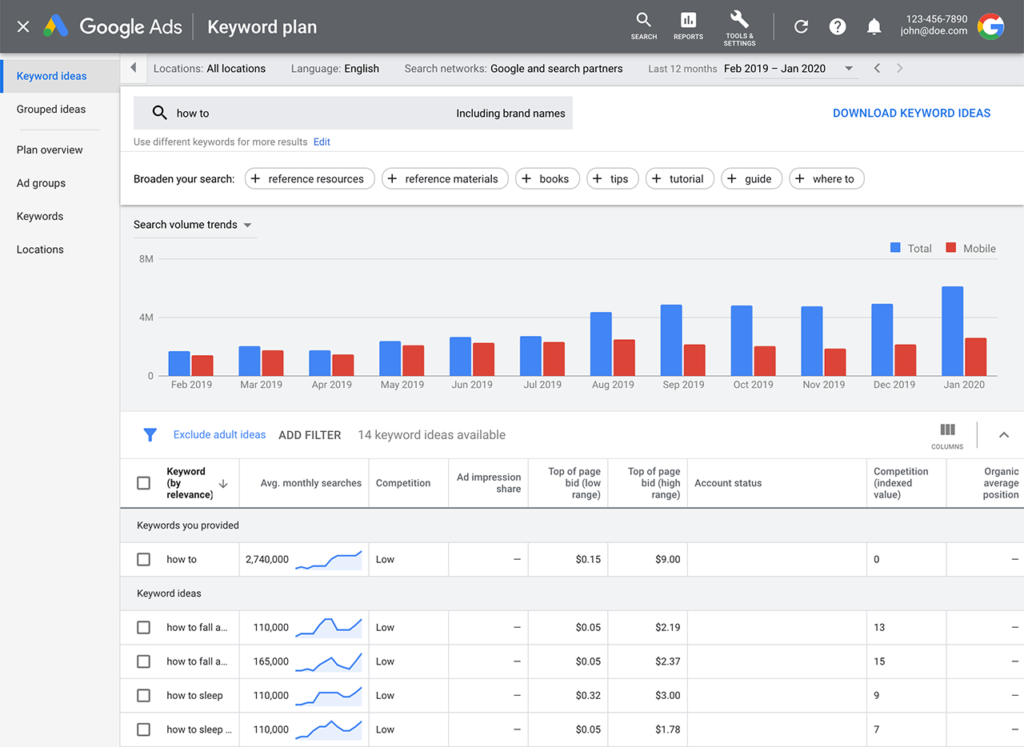Introduction
In today’s world, smarter devices are transforming the way we live, work, and interact with the world around us. From smartphones and smartwatches to smart home appliances and artificial intelligence (AI)-powered machines, these cutting-edge technologies are making our lives more convenient, efficient, and connected. In this article, we explore the latest developments in smarter devices, the benefits they bring, and the potential challenges they pose.
The Rise of Smarter Devices
1. Internet of Things (IoT)
The Internet of Things (IoT) is the network of interconnected devices, sensors, and software that collect and exchange data. IoT-enabled devices can communicate with each other and with users, offering improved functionality, efficiency, and personalization.
2. Artificial Intelligence (AI)
AI technology plays a crucial role in the development of smarter devices. AI-powered devices can analyze data, learn from it, and make decisions or predictions, enhancing the user experience and providing tailored solutions.
3. Machine Learning (ML)
Machine learning, a subset of AI, enables smarter devices to improve their performance over time. ML algorithms can recognize patterns and adapt to new information, allowing devices to become more intelligent and efficient.
Examples of Smarter Devices
4. Smartphones and Wearables
Smartphones and wearables like smartwatches and fitness trackers have become indispensable in our daily lives. They allow us to stay connected, monitor our health, and access a wealth of information and services.
5. Smart Home Appliances
From smart thermostats to intelligent lighting systems, smart home appliances make our homes more comfortable, energy-efficient,
and secure. These devices can be controlled remotely, learn our preferences, and automate routine tasks.
6. Autonomous Vehicles
Self-driving cars, drones, and other autonomous vehicles use advanced sensors, AI, and machine learning to navigate, optimize routes, and avoid obstacles, promising safer and more efficient transportation systems.
7. Virtual Assistants
AI-powered virtual assistants like Amazon Alexa, Google Assistant, and Apple Siri are becoming increasingly popular, enabling users to control devices, access information, and perform tasks using voice commands.
Benefits of Smarter Devices
8. Convenience
One of the primary advantages of smarter devices is the convenience they offer. By automating and streamlining tasks, they save time and effort, allowing users to focus on more important activities.
9. Efficiency
Smarter devices can optimize energy consumption, reduce waste, and minimize human error, contributing to overall efficiency improvements and cost savings.
10. Personalization
By learning users’ preferences and habits, smarter devices can provide personalized experiences, recommendations, and services tailored to individual needs.
Challenges and Concerns
11. Privacy and Security
As smarter devices collect and share data, privacy and security concerns arise. Ensuring that personal information is protected and not misused is crucial for maintaining user trust and adoption.
12. Ethical Considerations
AI and machine learning can sometimes lead to biased decision-making or unintended consequences. Addressing these ethical challenges is essential for responsible technology development and deployment.
13. Job Displacement
Automation and AI have the potential to displace human workers in certain industries. Preparing for and mitigating the impact on the workforce is an important consideration for society and policymakers.
Conclusion
Smarter devices have the potential to revolutionize the way we live and work, offering numerous benefits such as convenience, efficiency, and personalization. However, these advancements also bring challenges and concerns related to privacy, security, ethics, and job displacement. It is essential for society, industry leaders, and policymakers to address these issues in order to harness the full potential of smarter devices and ensure their responsible development and use.





